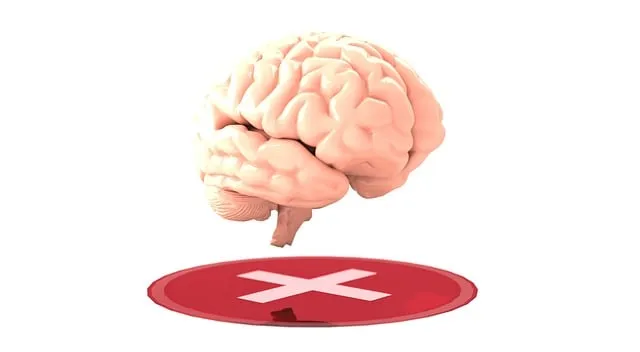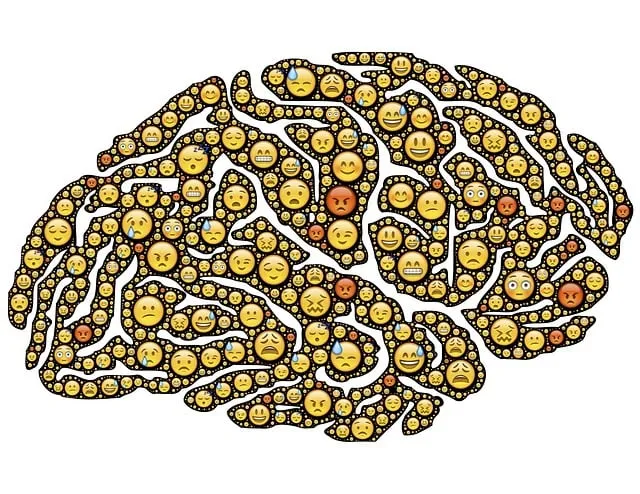Evaluating Kaiser Permanente's behavioral health programs in Castle Rock involves surveys, client interviews, and clinical assessments. Anonymized survey responses from seekers provide quantitative data on satisfaction, benefits, and suggestions. Interviews offer rich qualitative insights into personal journeys and program impact. Clinical evaluations use standardized tools to track symptom changes and treatment outcomes. Community engagement, partnerships, and training foster cultural sensitivity for diverse populations. The Kaiser Permanente behavioral health phone number in Castle Rock enables access to evidence-based interventions and tailored mental wellness services.
Mental wellness program evaluations are crucial for improving initiatives like those offered by Kaiser Permanente, especially in communities like Castle Rock. This article explores five effective evaluation methods: surveys and feedback, data analysis, client interviews, clinical evaluations, and community engagement. By leveraging these strategies, organizations can assess program impact, gain insights from participants, measure treatment effectiveness, and foster a collaborative environment for enhanced wellness initiatives.
- Assessing Program Impact: Surveys and Feedback
- Data Analysis: Identifying Trends and Patterns
- Client Interviews: Direct Insights from Participants
- Clinical Evaluations: Measuring Treatment Effectiveness
- Community Engagement: Collaboration for Wellness Initiatives
Assessing Program Impact: Surveys and Feedback

Evaluating the impact of a mental wellness program is crucial for understanding its effectiveness and making informed improvements. One widely used method is gathering feedback through surveys, which provide valuable insights into participants’ experiences. These surveys often include questions about program satisfaction, perceived benefits, and areas that could be enhanced. By anonymizing responses, organizations like Kaiser Permanente can gain honest opinions from individuals seeking behavioral health support in Castle Rock or similar communities.
In addition to surveys, direct feedback sessions with clients who have accessed Trauma Support Services or Mood Management programs can offer rich qualitative data. This approach allows for a deeper understanding of personal journeys and how the program has influenced their mental wellness. Cultural Sensitivity in Mental Healthcare Practice is also assessed through these interactions, ensuring that diverse populations feel heard and that their unique needs are addressed.
Data Analysis: Identifying Trends and Patterns

Evaluating mental wellness programs involves a meticulous process of data analysis, where trends and patterns emerge from the insights gathered. By examining participant responses, clinical outcomes, and demographic information, organizations like Kaiser Permanente can tailor their behavioral health services, such as those available at their Castle Rock location. This comprehensive approach ensures that programs are not only effective but also aligned with the unique needs of the population they serve.
For instance, leveraging Compassion Cultivation Practices, Trauma Support Services, and Mental Health Policy Analysis and Advocacy, data analysis uncovers valuable insights. It might reveal specific challenges within communities, prompting adjustments to existing programs. This method enables continuous improvement, ensuring that resources are allocated efficiently, ultimately enhancing mental wellness outcomes for individuals seeking support at locations like Castle Rock.
Client Interviews: Direct Insights from Participants

Client interviews offer a direct line to valuable insights from program participants, such as those engaging with the Kaiser Permanente behavioral health phone number in Castle Rock. These conversations provide an intimate understanding of their experiences, challenges, and triumphs throughout the wellness journey. Through open-ended questions, clients share personal stories, highlighting the impact of the program on their mental well-being. This qualitative data not only reveals individual successes but also uncovers common themes, offering a holistic view of the initiative’s effectiveness.
The interviews focus on various aspects, including the development of coping skills and positive thinking strategies. Participants often discuss how the program equipped them with resilience-building techniques, enabling them to navigate life’s stressors more effectively. These firsthand accounts are instrumental in refining and improving mental wellness programs, ensuring they align with the evolving needs and experiences of their target audience.
Clinical Evaluations: Measuring Treatment Effectiveness

Clinical evaluations play a pivotal role in assessing the effectiveness of mental wellness programs, especially when focusing on improving conditions like depression and burnout. These evaluations often involve standardized tools and measures that capture changes in symptoms, functioning, and quality of life before and after treatment. For instance, the Kaiser Permanente behavioral health phone number in Castle Rock can facilitate access to evidence-based interventions while tracking progress through regular clinical assessments.
By employing these methods, mental health professionals can objectively gauge whether programs are achieving their intended outcomes. This data is invaluable for refining treatment strategies, ensuring resources are allocated efficiently, and fostering continuous improvement in mental wellness services. Moreover, public awareness campaigns development and initiatives aimed at depression prevention or burnout prevention can all benefit from the insights gained through clinical evaluations.
Community Engagement: Collaboration for Wellness Initiatives

In today’s digital age, community engagement plays a pivotal role in enhancing mental wellness initiatives, as evidenced by successful programs like those offered by Kaiser Permanente behavioral health phone numbers in Castle Rock. By fostering collaboration between various healthcare providers and community members, these initiatives gain momentum and relevance. Such partnerships ensure that services are tailored to the unique needs of diverse populations, promoting cultural competency within the healthcare sector. For instance, training programs focusing on cultural competency among healthcare providers can significantly improve patient outcomes by facilitating effective communication strategies.
Effective communication serves as a bridge between individuals seeking emotional healing processes and the resources available to them. When healthcare providers adopt inclusive communication approaches, they create an environment where individuals from all backgrounds feel comfortable discussing their mental health concerns openly. This collaborative approach not only improves access to care but also fosters trust, ultimately leading to better engagement in wellness programs and enhanced overall community well-being.
Evaluating mental wellness programs is a multifaceted approach, encompassing various methods to ensure effectiveness. From surveys and feedback to clinical evaluations, each technique offers unique insights. By analyzing data trends, conducting client interviews, and fostering community engagement, organizations like Kaiser Permanente in Castle Rock can optimize their behavioral health services. This comprehensive evaluation allows for continuous improvement, ultimately enhancing the well-being of those seeking support.






